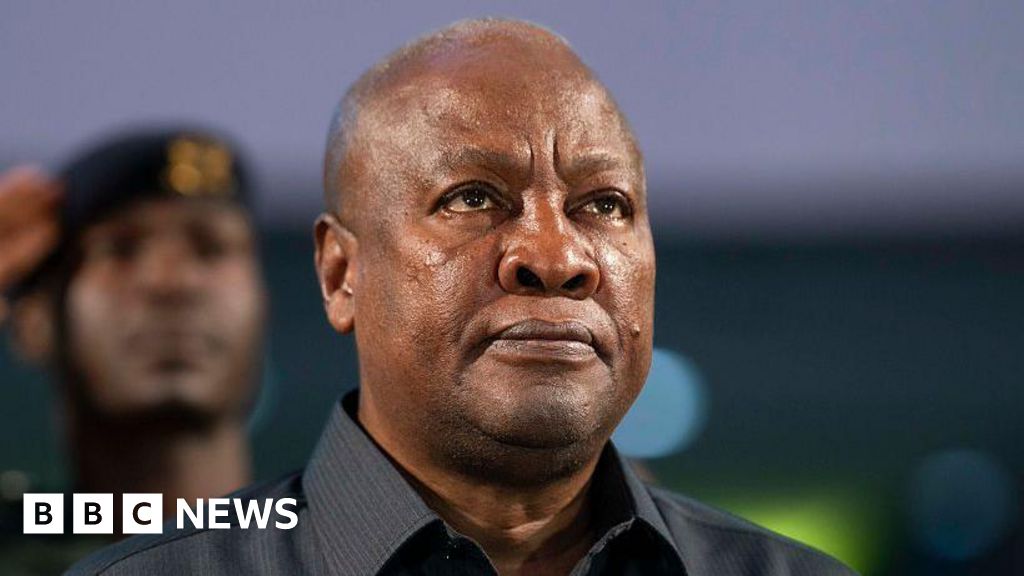The Recent Deportations from the U.S. to Ghana: A Closer Look
Background of the Deportations
In recent weeks, the complex issue of immigration and deportation has come to the forefront in Ghana, igniting public discussions and concerns. Following an agreement between the U.S. and Ghana, a group of West Africans was deported from the United States as part of a broader crackdown on undocumented immigration. This controversial agreement, announced by President John Mahama, aimed at facilitating the return of individuals from West African nations under the premise of free movement in the region.
The Arrival of Deportees
On a recent flight, 11 individuals were deported to Ghana under this arrangement. These individuals had been held in U.S. detention facilities and were, according to reports, transported in shackles. The deportees included nationals from various West African countries such as Nigeria, Liberia, Togo, and The Gambia. The nature of their detention raised concerns regarding human rights and the legal protocols surrounding their repatriation.
Legal Proceedings and Challenges
The deportees immediately faced legal hurdles upon their arrival. Their legal representative, Oliver Barker-Vormawor, indicated that the group was preparing to sue the Ghanaian government to prevent any further deportations, citing serious concerns about their safety and the legality of their treatment. However, events progressed rapidly when it was reported that six of the 11 were transferred to Togo, highlighting the precarious nature of their situation.
Government Transparency and Accountability
The lack of transparency surrounding the U.S.-Ghana agreement has raised alarms among opposition parties in Ghana. Multiple calls have been made for the immediate suspension of this agreement until a proper legal framework is established and ratified. Opposition lawmakers demand accountability regarding the deportations and the overall arrangement between the two countries, criticizing the lack of financial compensation for Ghana in return for accepting deportees.
Statements from Government Officials
While the Ghanaian government initially accepted the deportations, key figures like Foreign Affairs Minister Samuel Okudzeto Ablakwa clarified that no financial incentives were provided by the U.S. in this deal. This raises questions about the motivations behind the agreement and the government’s responsibilities towards those deported individuals.
Reactions from the Deportees’ Lawyers
In a subsequent update, Barker-Vormawor expressed disappointment with Ghana’s justice system, lamenting that the court could have intervened to prevent the deportations or to provide legal recourse for the individuals involved. He pointed out that the deportees had not violated any Ghanaian laws, thus deeming their detention in a military facility illegal. This sentiment illustrates the emotional and legal turmoil surrounding immigration issues in West Africa and the broader implications for justice and human rights.
Implications of U.S. Immigration Policies
These deportations are part of a larger trend observed in the U.S. since the administration of former President Donald Trump, which has emphasized a hard-line approach toward immigrants. The goal of conducting record-level deportations has led to numerous cases where individuals are expelled to countries in which they may have no familial or social ties. This approach has sparked intense debate about ethics and humanitarian obligations in immigration policies.
Future Developments
In light of recent events, there are indications that additional deportees are expected to arrive in Ghana soon, adding to the complexity of the situation. Lawyers representing the deportees are eager to pursue a separate case concerning the alleged violations of their rights, aiming to seek justice in a landscape marked by uncertainty.
The story of these deportees reflects the multifaceted issues surrounding immigration in West Africa, prompting deeper conversations about human rights, governmental accountability, and the ethical considerations of international agreements.



